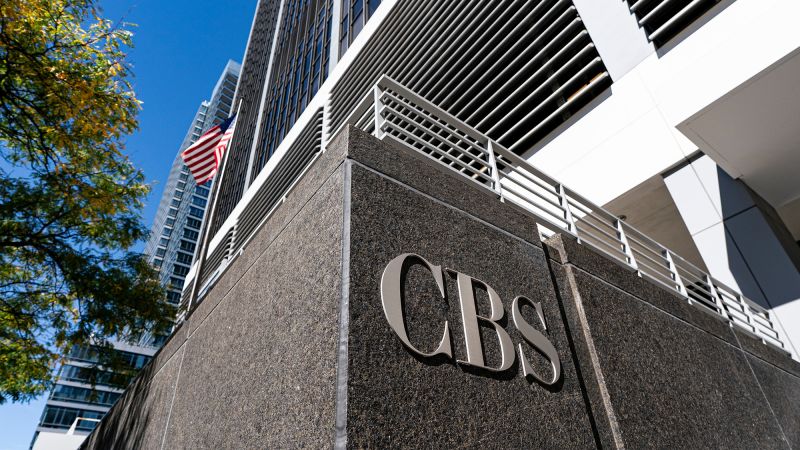In a startling display of political interference, former President Donald Trump recently expressed a hope that the Federal Communications Commission (FCC) would take punitive action against CBS for airing segments of “60 Minutes” that he found objectionable. This scenario exemplifies a broader trend wherein Trump urges his appointees to leverage government authority against media entities he perceives as adversarial to his interests. His expectations seem to rest on the authority of FCC Chairman Brendan Carr, a Trump appointee whom he branded as “Highly Respected,” to impose what Trump considers appropriate penalties for CBS’s alleged “unlawful and illegal behavior.”
Trump’s frustration appears to stem from a specific broadcast on a Sunday night that did not align with his narrative, leading him to venture onto Truth Social, where he vocalized his discontent regarding an ongoing legal clash with CBS and its parent company, Paramount Global. This particular dispute hinges on Paramount’s pending merger with Skydance Media, a situation that has already injected uncertainty into the corporation due to delays from the FCC. While Trump advocates for fines and sanctions against CBS, the reality is that there is no evident illegal conduct by the network, nor is there much that Carr can realistically do in terms of imposing severe repercussions.
This static situation illustrates a concerning pattern of Trump encouraging acts of governmental pressure against media outlets he perceives as critical. Carr has previously used his position to initiate inquiries into various media platforms, primarily those Trump has targeted, such as ABC and NBC. In a show of allegiance, Carr was captured on camera wearing a gold pin featuring a silhouette of Trump, indicating a deepening of the intersection between governance and media relations.
Moreover, Trump’s engagement with “60 Minutes” goes beyond mere disapproval; it has been long-standing. He has both criticized the program and engaged with it, including declining its traditional pre-election interview request last fall. Trump’s relationship with media has been complex, oscillating between engagement and derision. When his political opponent, Vice President Kamala Harris, appeared on the show, Trump seized the moment to criticize CBS for allegedly manipulating her responses to create favorable coverage for Harris.
Trump’s assertions regarding CBS are not merely passing comments; he has previously stated that CBS should lose its broadcasting license due to perceived unfair treatment. While he has targeted CBS specifically in these calls, such demands have been echoed throughout his presidency. Remarkably, CBS does not hold a license with the FCC; rather, it is the local stations that fall under this classification — a nuance that underscores the complexities of media licensing in relation to government authority.
Furthermore, Trump’s legal maneuvers against CBS reflect this complicated tension. He instituted a lawsuit in Texas alleging that CBS violated consumer protection laws. While some have decried the lawsuit as politically motivated rather than legitimate, it signals an ongoing conflict and a potential effort by CBS to navigate a settlement to avoid a protracted legal battle. This maneuvering raises questions about whether Paramount’s corporate interests are prompting them to appease Trump rather than stand firm against what appears to be a political vendetta against a prominent media outlet.
Despite the ongoing tensions, “60 Minutes” has maintained its commitment to journalistic integrity, continuing to cover issues that reflect the impacts of Trump’s policies. Political scientist Brendan Nyhan articulated the larger implications of Trump’s recent comments, framing them as a call to wield state power against critical media coverage — a troubling prospect for freedom of the press.
The growing pressure felt by journalists at CBS is palpable. Lesley Stahl, a correspondent for “60 Minutes,” expressed her pride in the show’s enduring commitment to journalistic standards despite the threats to First Amendment rights. As “60 Minutes” continues its resolute approach, it underscores the critical importance of independent journalism in a democratic society, especially in challenging times when media faces increasing scrutiny and pressure from political figures. The ongoing conflict encapsulates the delicate balancing act between media freedom and government oversight, a dynamic that remains a staple of democratic discourse.



